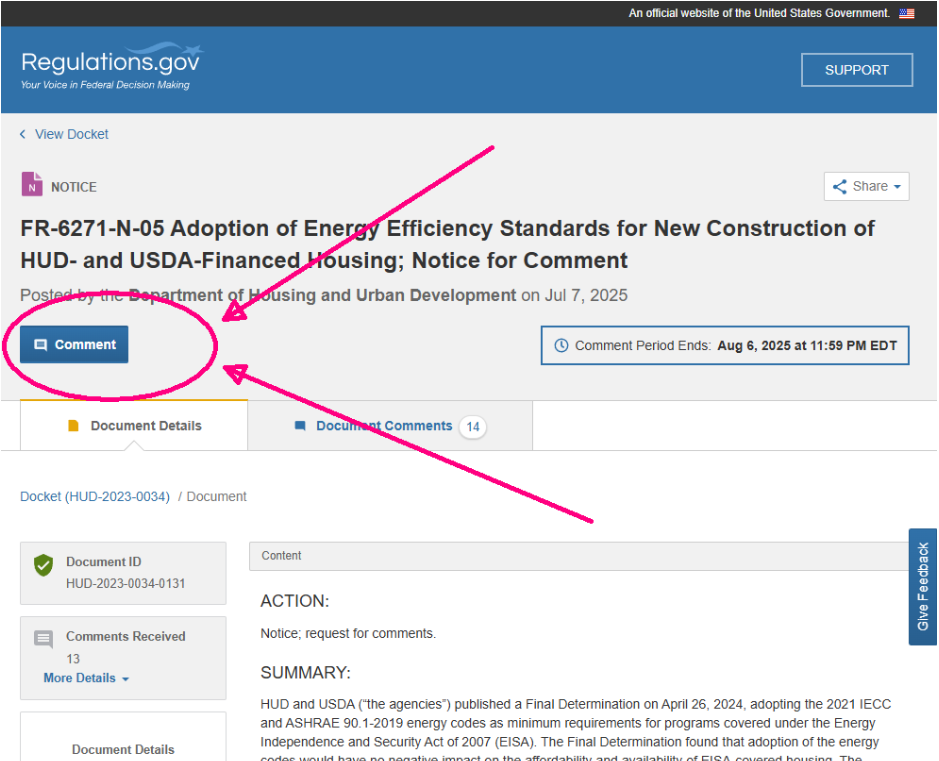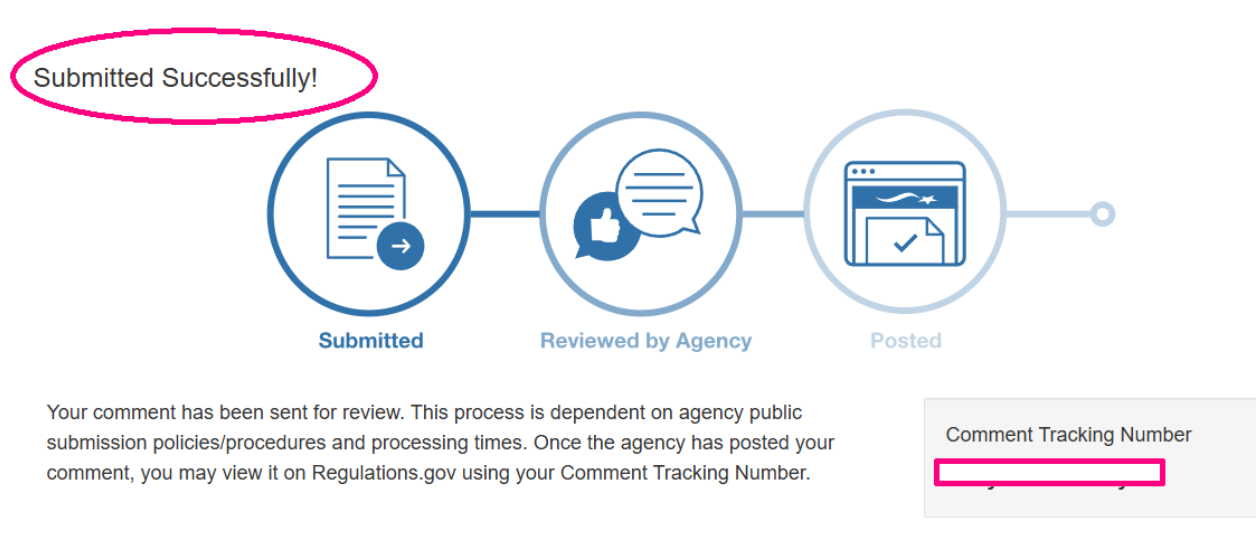Call to Action: Prevent HUD Energy standards rollback
📅 DUE: Comment by Aug 6, 2025 at 11:59 PM EDT
(because architects always need a deadline…)
What:
The Trump Administration has opened a Request for Information on the energy code, which means that minimum energy code requirements could be eliminated. The comment process is really easy, and there are currently only 7 comments on this unbelievably important topic! Please comment saying why we need these requirements to remain. James’s points were:
⚡ Meeting these energy codes is cost effective because every part of the industry recognizes them as minimums
⚡ Buildings consume 37% of US energy incl. transmission losses and
⚡ If we want to direct energy towards AI & manufacturing then lets not waste it on inefficient buildings
⚡ It is costly and difficult to upgrade buildings once they have been built
To Help Inform Your Public Comment: Consider the questions included under section II. This Notice & Check Out the Action Guide: URGENT_Prevent HUD Energy standards rollback"
URL for action:
https://www.regulations.gov/document/HUD-2023-0034-0131
Click on comment when you are ready to submit:
Tips: (verbatim from their website)
Tips for Submitting Effective Comments*
A comment can express simple support or dissent for a regulatory action. However, a constructive, information-rich comment that clearly communicates and supports its claims is more likely to have an impact on regulatory decision making.
These tips are meant to help the public submit comments that have an impact and help agency policy makers improve federal regulations.
Public Comments on Federal Regulations
🔥Template language: 🔥
Do Not Roll Back Minimum Energy Code Standards – Uphold IECC 2021 / ASHRAE 90.1-2019
I strongly oppose any rollback of minimum energy code requirements for HUD- and USDA-funded housing. HUD and DOE’s own cost analysis confirms that adopting IECC 2021 or ASHRAE 90.1-2019 results in minimal increased construction costs — just $18 per unit on average — and sometimes even savings.
These are the minimum standards widely accepted by the building industry. Reverting to 2009 codes would lock federally funded projects into inefficiency, increased long-term utility costs, and missed opportunities for health and comfort — especially for vulnerable populations.
As buildings account for 37% of U.S. energy consumption, strong energy codes are essential. If we want to preserve energy capacity for national priorities like AI infrastructure and domestic manufacturing, we must stop wasting energy in our housing stock.
Retrofitting later is more expensive than building right the first time. Federally supported housing should not fall behind the market or the moment. I urge you to maintain — or strengthen — HUD’s adoption of IECC 2021 and ASHRAE 90.1-2019.
As an architect and designer who has evolved our practice to exceed local, state and federal energy codes, these methods for design and construction are not only easy, simple, achievable, and cost-effective, they are also healthier for the residents and healthier for our neighborhoods. As an affordable housing designer, we can say that it is simple, straightforward, best practice to design to the recent energy codes for the longevity of the building and cost effective.
Confirm:
Make sure you get a response from the site, and comment tracking number if you choose.


